Fitbit, known for its line of health and activity tracking wearables, has announced the Fitbit Sense, a new stress-tracking smartwatch.
Over time, the physical strain from chronic stress can contribute to a host of health problems, including high blood pressure, heart disease, obesity, diabetes, and mental health disorders. The Fitbit Sense, Fitbit's newest wearable, boasts several sensors that can be used to track a user's physical stress responses. This includes an EDA sensor that can detect electrical changes in the sweat of a wearer's skin.
Additionally, Fitbit gives users a Stress Management Score, which is calculated based on heart rate, sleep, and activity data. Scores are calculated on a 1-100 scale, where higher scores are better.
The Fitbit Sense includes a new temperature sensor that can detect changes that could alert users to fever, illness, or the start of a new menstrual phase.
Those who subscribe to Fitbit Premium, Fitbit's upgraded health-tracking subscription service, will be able to view a breakdown of how the score is calculated. The analysis includes detailed information on different biometric inputs used to calculate the score.
The device can use Google Assistant or Amazon Alexa for question answer, alarm set, and more. The screen is an AMOLED display, and the face of the watch is Gorilla Glass 3. Fitbit claims six-day battery life.
Fitbit Sense is available for preorder starting today, in both Carbon/Graphite and Lunar White/Soft Gold stainless steel models. Both models retail for $329.95. Orders are expected to begin shipping by September 25.
Rumors have circulated that Apple's upcoming Apple Watch Series 6 may also add anxiety and stress monitoring.
Apple is clearly interested in bringing mental health monitoring to the Apple Watch, as the company has partnered with UCLA for a three-year study on depression.
 Amber Neely
Amber Neely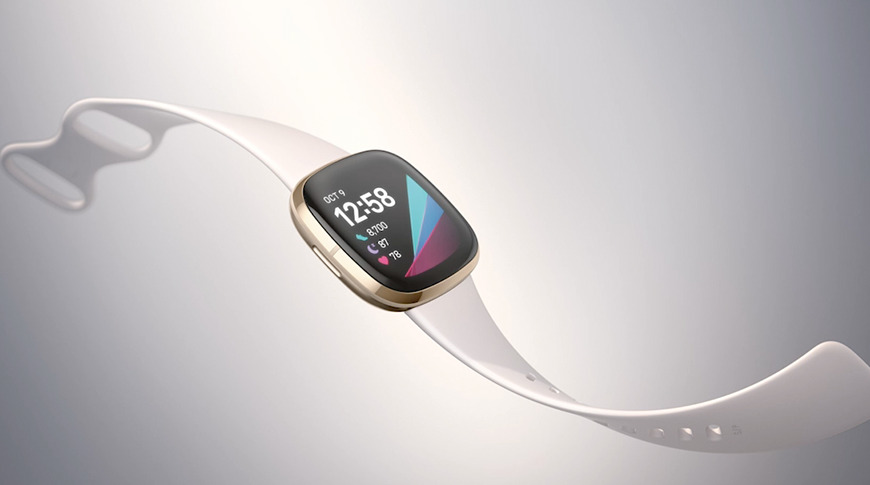
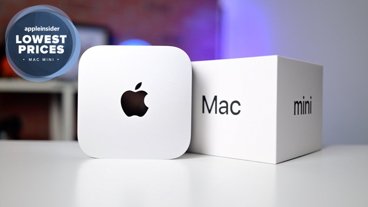
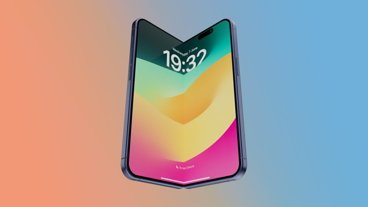
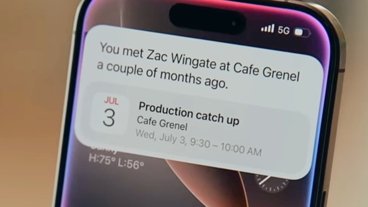
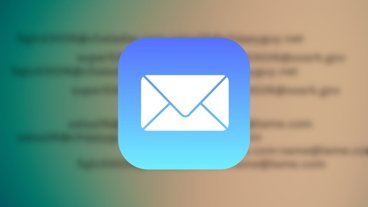




 Malcolm Owen
Malcolm Owen
 William Gallagher
William Gallagher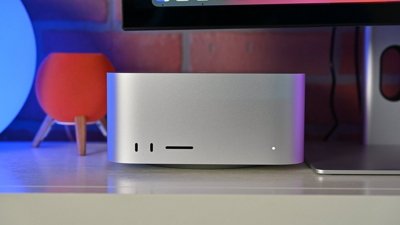


 Mike Wuerthele
Mike Wuerthele

 Chip Loder
Chip Loder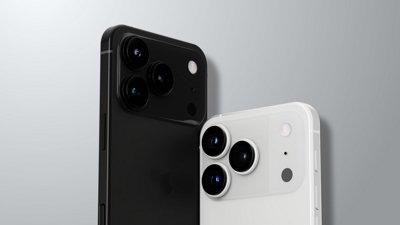
 Wesley Hilliard
Wesley Hilliard








22 Comments
I have a Fitbit Versa. I would never buy another Fitbit product again and it has little to do with their product. The problem is they limit the data you can see, even though it's being collected by your device. Want to know your minimum heart rate overnight? Good luck. Want to see your max heart rate for a workout? Nope. Minimum heart rate for a workout? Nope. That's a Premium feature. There are many more instances like this. The worst part is that the pause button is super easy to hit, so I'll get home from a ride only to find out that I accidentally hit the pause button while going over a rock and missed half my workout.
Lame.
Yeah, my wife and I were early adopters of Fitbit's products, but it very quickly became obvious that a huge part of their business model involved holding your data hostage, not to mention whatever other monetization schemes they had planned for "renting" your data out to third parties. And then they were bought by Google, the king of personal data collection and monetization. Not that I was seriously considering going back to Fitbit's products anyway, but now it's definitely a hard pass for me!
I am surprised FitBit doesn't give you those data.
Oh right, I should be worrying about stress too.
:D